Formats




Making sure TalentWorks at BBC Studios
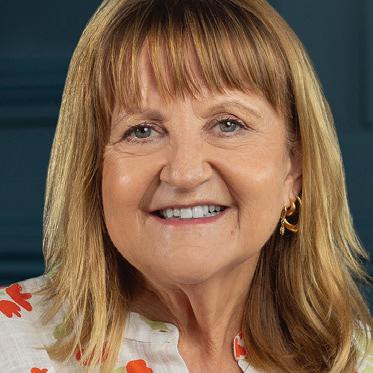

Golden ticket: Cathy Payne’s IFA honour Adventure and travel shows take new turn

PLUS: Jan Salling & Phil Gurin on the challenges FRAPA faces










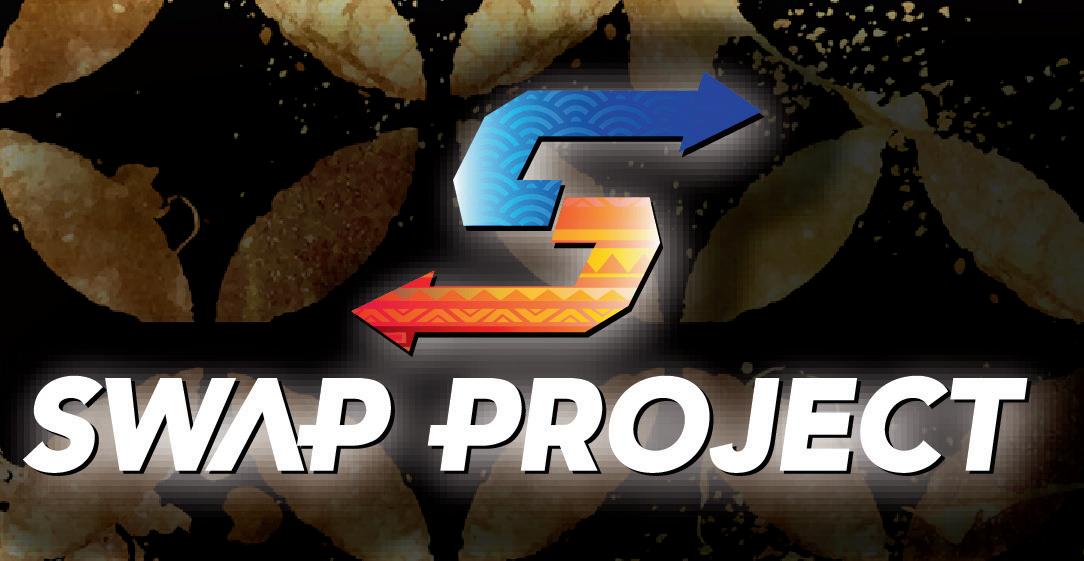











































































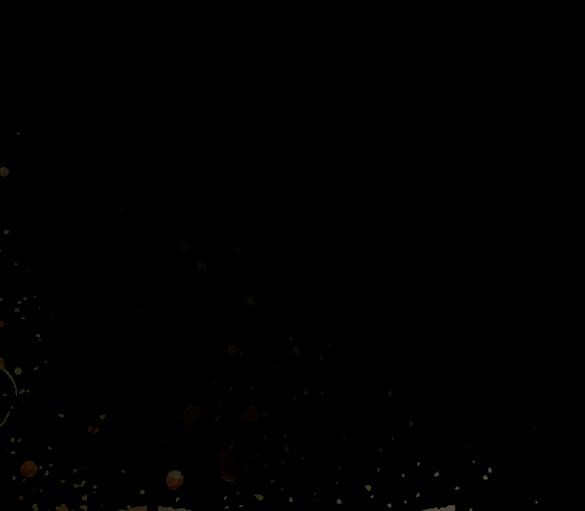


















Making sure TalentWorks at BBC Studios


Golden ticket: Cathy Payne’s IFA honour Adventure and travel shows take new turn

PLUS: Jan Salling & Phil Gurin on the challenges FRAPA faces





































































































Cathy Payne, CEO of Banijay Rights, will receive the Gold Award at the International Format Awards during Mipcom, having overseen multiple mergers and the distribution of some of the world’s biggest scripted and unscripted hits. By Clive Whittingham
For Cathy Payne, this year’s Gold Award at the International Format Awards in Cannes is the latest high in a career that has grown in step with the rise of Banijay Entertainment, where she now leads distribution.
Payne was CEO at Southern Star International in her native Australia where, over 10 years, she was responsible for building one of the largest distributors of Englishlanguage content outside of the US.
That company was acquired by Endemol in 2009 and Payne subsequently spent another 10 years there as the company became Endemol Shine following another merger, directing all worldwide distribution e orts as CEO of Endemol Worldwide Distribution.

the


every one of those situations we were able to bring two teams together and do it in a way that really created value, because sometimes two and two doesn’t equal four for all.
“They’re not easy times. You have to give people clarity, be clear in your decision making and do it promptly. Di cult decisions have to be made and it often ends up with people leaving the business. The most recent one, when we were acquired by Banijay, we did the whole integration during Covid, via Zoom. They completed the deal on July 1 and we were operating as a combined team by October 1. I look back with immense pride at how they were handled.”
“ Everybody will have to think a little bit di erently about how we produce and set up our companies to produce

Payne is just the fifth woman to win the award after Annie Wegelius, Alex Mahon, Trish Kinane and Anette
Rømer, but she’s also a rare recipient on the distribution side of the business.
Anette


When Banijay won the race to buy Endemol Shine and form the biggest independent producer in the world in 2020, Payne was retained to lead the enormous group’s distribution e orts. This put her in charge of a catalogue that includes formats such as Deal or No Deal, Big Brother, Hunted Temptation Island, as well as scripted titles like Blinders and Black Mirror.


“It’s very pleasing to be recognised; I was delighted and surprised,” Payne says. “It’s a nice thing to be recognised after what has been, let’s be honest, a challenging 18 months for the industry.”
2020, Payne was retained to lead the enormous group’s charge , Survivor, , Lego Masters and Peaky back with
“When I look back across the years we’ve been through a lot of huge integrations: Southern Star bought Primetime, then got bought by Endemol, then we merged with Shine and then Banijay acquired us. I’m very proud that in

Cowshed’s heistthemed gameshow The Infiltrators



She highlights the 1999 deal that saw switch from its UK home of 12 years, ITV, to Channel 5 as a career turning point, when she was personally chosen by Australia’s Seven to lead on negotiations. “As far as individual deals go, I do always look back at the deal I did in 1999. Whoever would have thought a deal done back then would still be going 25 years later?” Payne says.
“That was a really hard deal, it took a long time and I experienced the

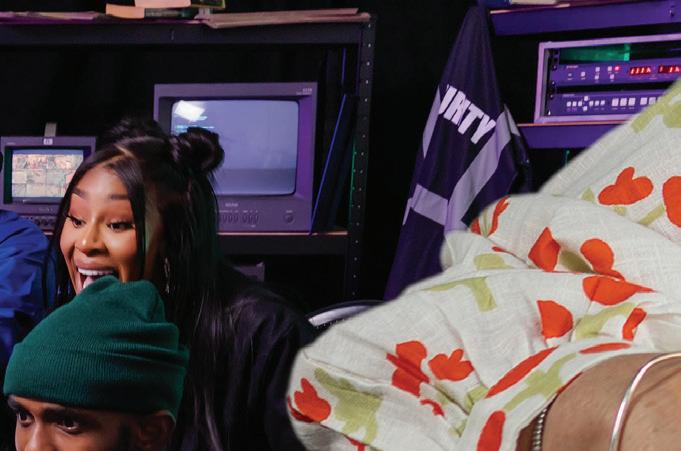
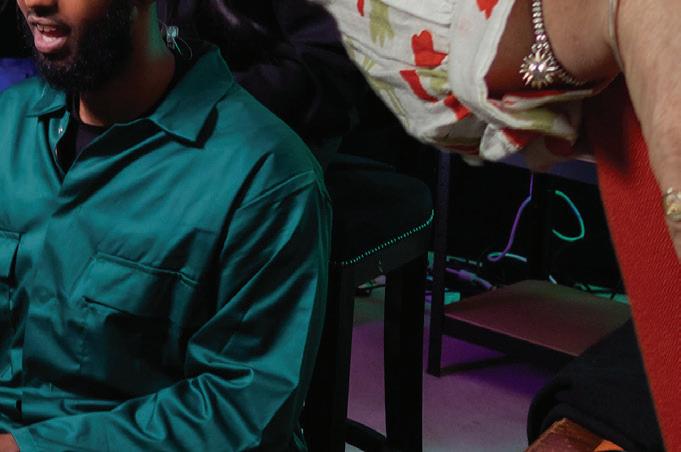
at a more a ordable price point. It’s about being lean, keen and fast on your feet. That will happen and there are opportunities.







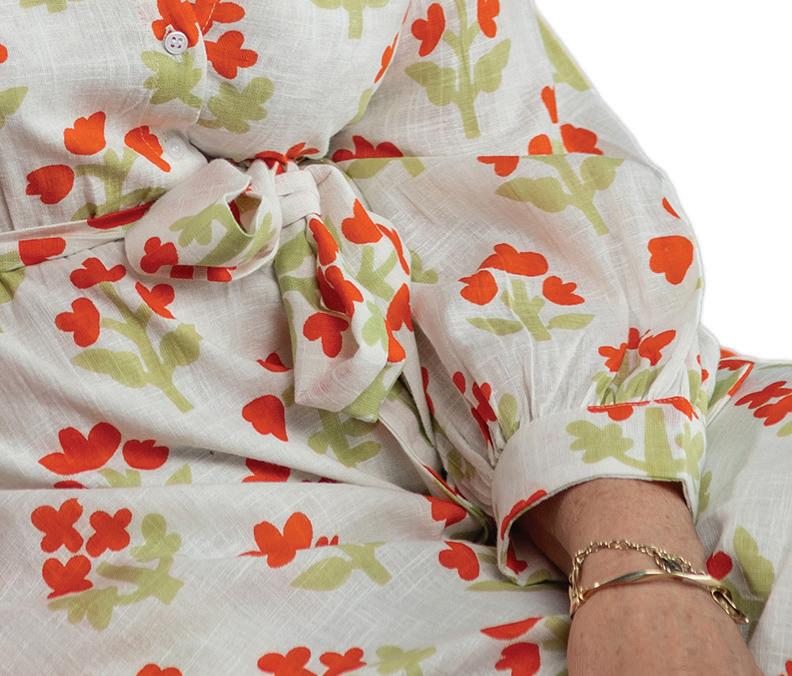


worst moments of my career and the best moments in my career. It was a hard deal to do because it was a show that had been on one channel for a long time. It was a lengthof-series deal and they couldn’t start airing it for another 12 months. It was hard. It made me a much stronger person commercially.”
There have, however, been greater challenges in the last 18 months, as Payne describes: “We’ve had streamer realignment and recalibration of what they’re spending and what territories they’re focusing on. We’ve had a huge amount of consolidation in the industry and a lot of executive churn. It’s been challenging economically, though things are improving.
“The mix of that breeds a bit of risk aversion. When all that comes it’s slow and there can be a reliance on what’s known. It’s about having the ability to pivot. It’s not easy selling on the front line and you feel like it’s a brick wall, but it’s about how you break through that and find the light at the end of the tunnel. Everybody’s talking about the
2023: Arthur Essebag, TV host, entrepreneur and founder of Satisfaction Group
2022: Wonwoo Park, creator of The Masked Singer
2021: Anette Rømer, STV Production
2020: Wayne Garvie, Sony Pictures Television
2019: Peter Fincham, Expectation Entertainment
2018: Alex Mahon, Channel 4
2017: Paul Gilbert, CBS Studios International
2016: Gary Carter, KLOK
2015: Annie Wegelius, former SVT programming chief
2014: Mark Itkin, William Morris Endeavor
2013: Stephen Lambert, Studio Lambert/ All3Media
2012: David Lyle, Fox Reality
2011: Dick de Rijk, creator of Deal or No Deal 2010: Reg Grundy, former CEO of Grundy Television
2009: Peter Bazalgette, former creative director of Endemol Group
2008: Stephen Leahy and Trish Kinane, Ludus Entertainment
2007: Merv Griffin, creator of Wheel of Fortune and Jeopardy
challenges of funding scripted. Well, OK, how do we pivot to what people are acquiring? People still need content, you’ve just got to pivot.”
So with broadcasters’ budgets declining and relevancy being chipped away by brands going direct to the consumer online and people watching on social media, can unscripted IP be monetised to the same levels as before?
“When you retain the rights to those non-scripted programmes you’ve produced, that allows you to exploit different avenues and gives you a certain level of comfort,” Payne says. “Ask anyone at Banijay Rights and they’ll tell you, ‘Cathy expects a lot from the sales,’ and I do. But I have been surprised at how well our catalogue has performed. It’s all about finding new ways to distribute it.
“DTT is being replaced by the likes of FAST or selfpublishing. In terms of doing originals for streamers where they retain the rights, linear and domestic broadcasters are a cost-effective solution for original programming when you have formats you can scale.
“I certainly think we will have the brand-funded model

in various aspects of our businesses and we’ll see how that expands and where it works, but there are certainly opportunities in that space. I do see that increasing.
“I see the whole economy of a business like ours being a mixed slate. You’ll have your work-for-hire shows, some with linear at a different price point and maybe brandfunded makes up the difference in the budget. One of the advantages we do have is we can come in and offer money to retain rights as well.”
Banijay is attempting to monetise digital-first formats, having recently picked up global rights to heist-themed gameshow The Infiltrators from UK-based creative agency Cowshed Collective, in a deal brokered by Luci Sanan at 53 Degrees North Media.
Launched on Channel 4’s dedicated YouTube and social media outlet Channel 4.0, the gameshow sees popular content creators attempt to navigate a complex security system in a series of weird and wild physical challenges. The budget-friendly format is set for international roll-out via production companies within Banijay Entertainment looking to pitch buyers series with elements of escape rooms and strategic gameplay.
There have been fears expressed that the explosion of generative artificial intelligence (AI) in the content business could see it rendering creatives redundant with its own ability to produce shows, and wipe out the value of catalogues by coming up with copycats that score just low enough on the FRAPA index to avoid legal action. So is big tech coming to kill format distributors?
“We have to be mindful of AI as an industry and there are a lot of requirements coming in from the regulatory world for a level of protection against it and protection of people’s copyright,” Payne says.
“AI has probably been used for years to come up with quiz questions and things like that, but I really do believe, when you think of the groundbreaking formats that have come through our format makers, they’re really very clever, creative people. I don’t believe AI can replace that. AI can help kids in our world by making processes more economical. I see that for us in delivery and selfpublishing, but it never takes away the creativity. Even in distribution, [you know] that image from that show is going to sell it better to the audience because you have the history and experience. AI plays its role but I don’t think it replaces the creative.”
This suggests Payne sees reason for optimism after a tough 18 months. “There’s growth in non-scripted formats globally,” she points out. “We continue to push them out and I believe that, by being creative, we can scale – they tell great stories, they deliver to the audience.
“Everybody will have to think a little bit differently about how we produce and set up our companies to produce at a more affordable price point. It’s about being lean, keen and fast on your feet. That will happen and there are opportunities.
“Great IP gets great audiences – that’s not going to stop. How you watch it, where you watch it will change, but people love great content and that will never go away.”

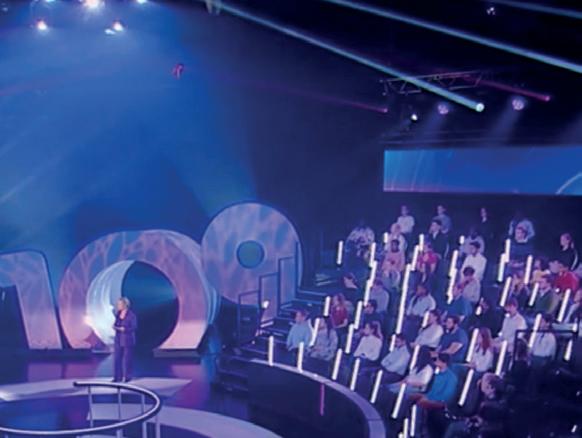
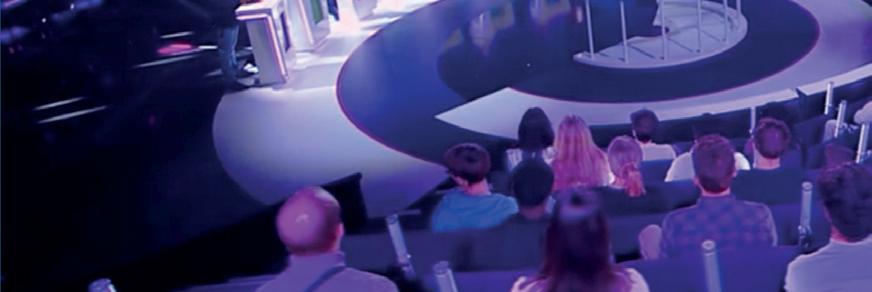



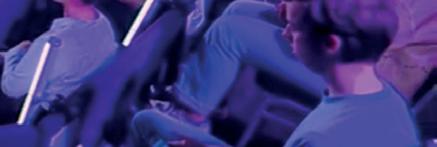



In 2015, when BBC Studios (BBCS) was known by its previous name, BBC Worldwide, the commercial arm of the UK pubcaster picked up rights to Joe & Caspar Hit the Road, a documentary film starring British YouTubers Caspar Lee and Joe Sugg.
This was a time when younger demographics had begun turning away from traditional linear television in their droves and the TV industry was just beginning to sense it might have a problem on its hands staying connected to both an audience and talent operating outside of its comfort zone.
Nearly a decade later, it’s evident how much the momentum has shifted, as a new generation of viewers consume a media diet that barely includes traditional 30- or 60-minute episodes of linear TV programming.
One way BBCS moved to address the shift was to launch content label TalentWorks in 2018 and task it with identifying emerging new talent that the organisation can work with to develop content and IP.


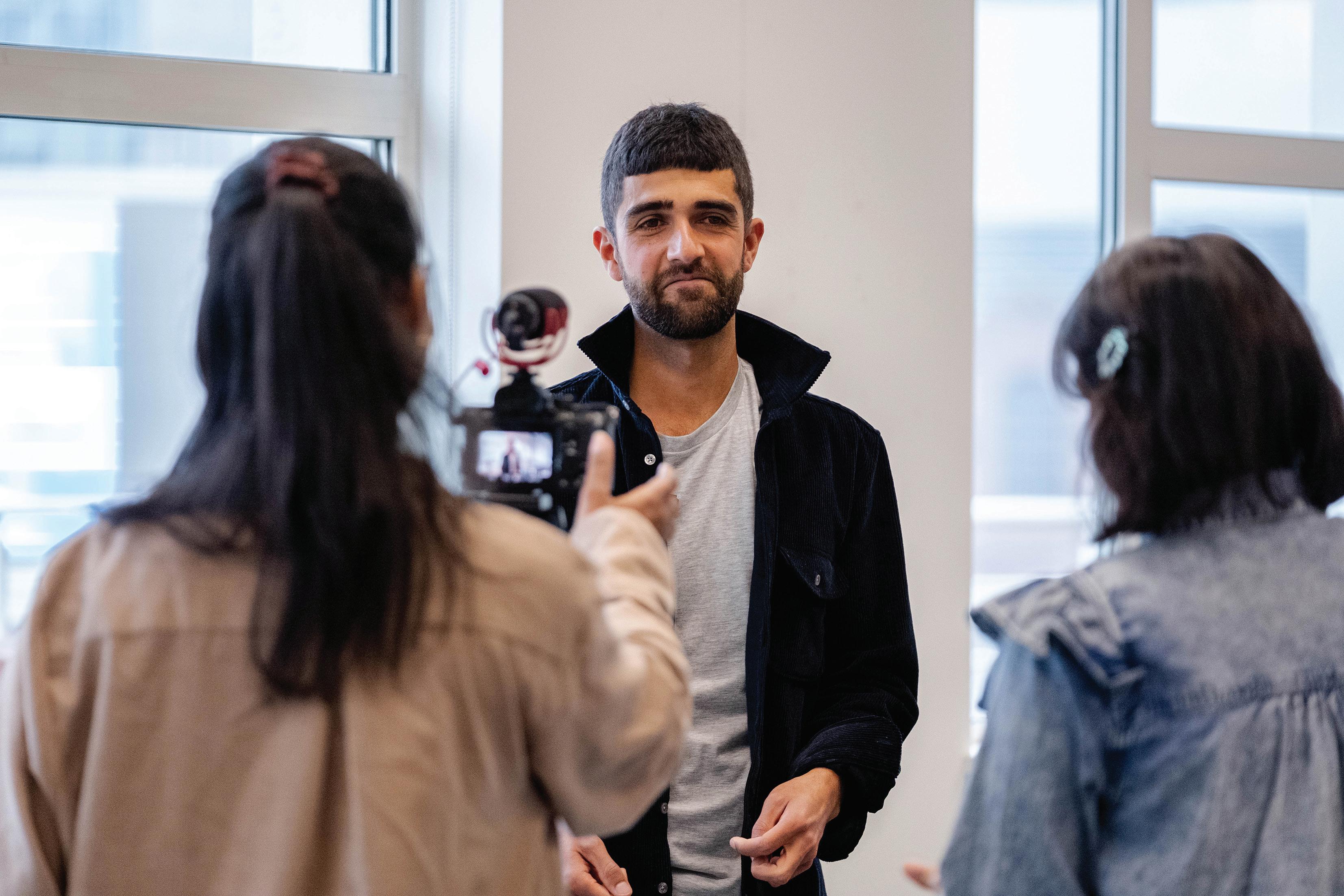
With swathes of the industry at risk of underestimating online talent, BBC Studios TalentWorks is the not-sosecret weapon allowing the commercial arm of the BBC to develop new content and IP with creators.


the Gen Z-focused comedy channel Funny Parts, over the summer.





Over the past six years, BBCS TalentWorks has brought through aspiring drama writers to work on long-running soaps such as EastEnders and Casualty, as well as using The Writer Spotlight to unearth rising stars in drama and comedy writing.
Writers trained by BBCS have gone on to write for shows including Killing Eve, The Crown, The Last Kingdom




By Nico Franks
and Doctor Who, and have created original series such as Father Brown, The Victim and You & Me
In factual, it hosts the Creator in Residence programme, as well as presenter training days and retreats, to help provide new talent with the skills to reach their potential as well as help traditional production companies understand how these creators work.
The Champions League Final: What Went Wrong? for the BBC’s Panorama strand.
More recently, BBC Three launched the Wright-fronted documentary America’s New Female Right, highlighting how its strategy is laying a pathway for online talent to live on the
“ Our focus is on working with talent much earlier in their careers and then nurturing them to make sure they don’t get in front of an autocue and are expected to deliver like they’ve been doing it for 10 years.
Helen O’Donnell BBC Studios TalentWorks
This has seen it work with YouTube stars Dan Howell and Phil Lester, while previous alumni include Basma Khalifa, who worked with Louis Theroux’s indie production company Mindhouse; Ajay Tegala, who finished his placement with BBCS Natural History Unit presenting a segment on BBC Two’s Springwatch; and Layla Wright, who developed and presented
Helen O’Donnell, director of development at BBCS TalentWorks, believes large swaths of the industry still underestimate online talent and downplays the use of the word ‘emerging’ in the communication around the work BBC TalentWorks does.

“The digital division is totally focused on supporting emerging creators. I use the word ‘emerging’ quite loosely because the industry sometimes sees creators as this emerging part of the industry. For me, this has been my lifeblood for nearly the last 10 years and championing creative talent – people who are forging professional careers on the internet – is something I’ve worked on since Joe & Caspar Hit the Road,” says O’Donnell.
BBC and its streaming service, iPlayer. But given the seismic shifts impacting the TV business today, it’s clear the direction of travel for talent – and audiences – is more and more towards social video platforms such as YouTube, TikTok and Instagram rather than TV. Hence BBCS moving its TalentWorks division into its global digital brands team, which also houses
This was an example of YouTube talent migrating to a more traditional longform format, with the documentary eventually selling to youth-skewing UK channel E4 and selling healthy numbers of DVDs (remember those?). The commercial value of such a deal was clear – but that pathway now feels as dated as the discs the doc was watched on. How does BBCS derive value from working with online talent now?
“TalentWorks is now amplifying the voices within the creative community in order to develop commercial IP, which can sit within BBCS. That
Jan. 20-23, Hilton Miami Downtown
Meet these key childrenʼs programme buyers and commissioners at the market
Content Americas Kids Advisory Board members include:

Pablo Zuccarino
Head of kids and animation, LatAm and portfolio strategy, international Warner Bros. Discovery Latin America

Adriano Schmid VP of PBS kids content PBS

Ed
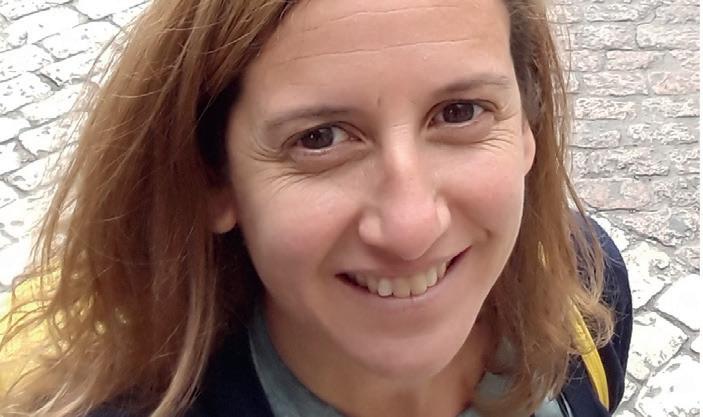
Agustina Dompe
Content acquisitions senior manager The Walt Disney Company Latin America

Agnes Augustin
and CEO
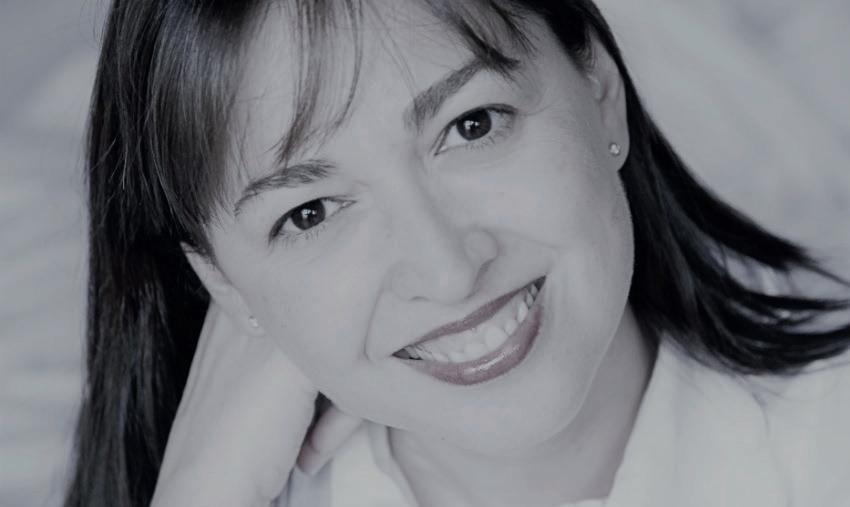

Adina Pitt Kids Media Specialist
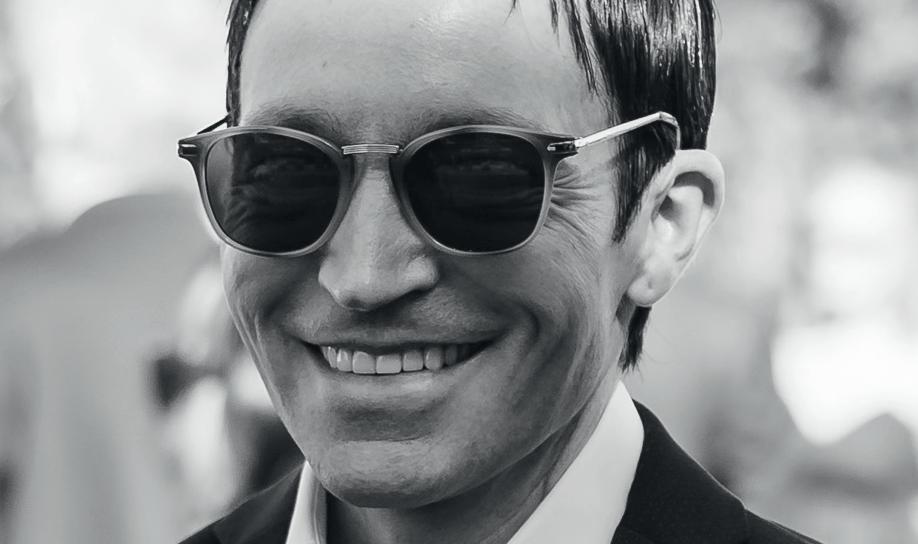
Josh Mandel Senior executive, development and production, Amazon

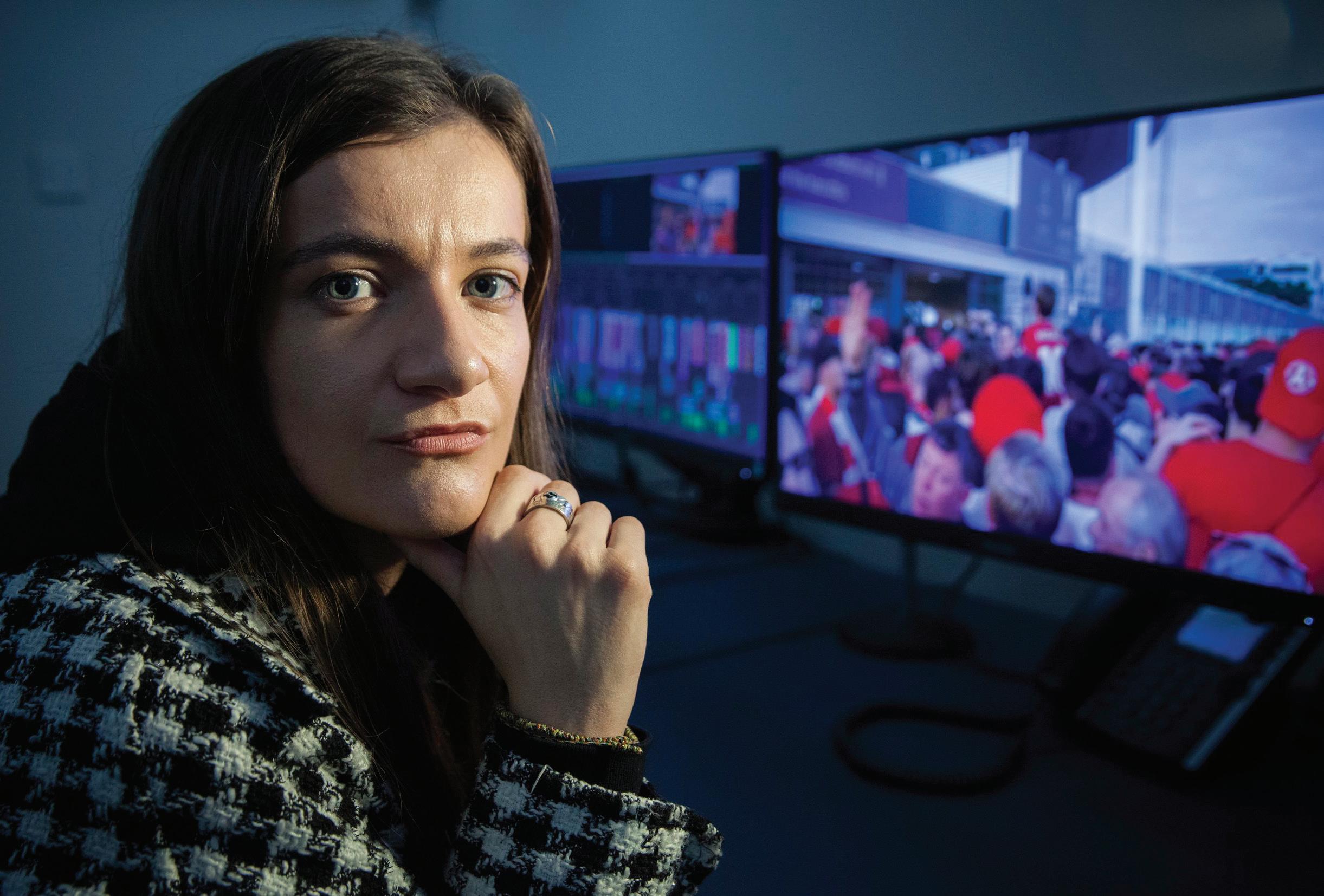
IP might not be something that’s totally focused on going on a linear platform in its first instance and could be delivered in a digital space first,” says O’Donnell.
The exec believes online talent is coming up with formats, but “almost without realising it.” Using the example of Amelia Dimoldenberg’s hit YouTube show Chicken Shop Dates, O’Donnell emphasises how the format originated out of Dimoldenberg’s authentic desire to interview grime artists.
“They know what they’re doing. They are finding vehicles that are returnable and that audiences enjoy. They’re also thinking about the time of day when something drops on TikTok so that it feels relevant for when the audiences will be watching. They’re just not using the same language that we are and we have to be comfortable with that,” says O’Donnell.
Earlier this year, O’Donnell led the BBC Creator Lab as part of a collaboration with TikTok, YouTube and Facebook owner Meta, which aimed to find 100 creators working across genres such as entertainment, kids and family, food, sport and nature.
O’Donnell, who has worked with the likes of DanTDM, Mariam Musa, Nella Rose, Joe Wicks and Sam and Nic Chapman, emphasises BBCS doesn’t have one fixed template for collaborating with creators, as there are a variety of different entry points within the scripted and unscripted behemoth.
The BBCS’s Creator in Residence programme, for example, offers paid placements within BBCS production units, production labels and invested indies, giving creators the chance to develop their skills, new scripts,
programme concepts or even present on screen. Many have left with credits under their belts in a variety of different formats, including audio.
Among those to have taken part in the initiative are comedian and writer Mary O’Connell and playwright and comedy screenwriter Liz Daramol, both of whom have taken up residencies with Steve Coogan’s BBCS-owned prodco Baby Cow Productions.
The new Creator in Residence Digital Division placements offer three six-month paid residency roles as part of a £100,000 (US$133,000) two-year investment supporting new emerging digital content creators across key BBCS brands, including Top Gear, Doctor Who and comedy entertainment.
“There is an ideal that’s like, ‘Let’s take the talent from over here, lift and shift and hope they somehow thrive within our ecosystem.’ That’s definitely not how TalentWorks works,” says O’Donnell. “Our focus is on working with talent much earlier in their careers and then nurturing them to make sure they don’t get in front of an autocue and are expected to deliver like they’ve been doing it for 10 years.
“The way that they produce content is slightly different, and that’s OK. We
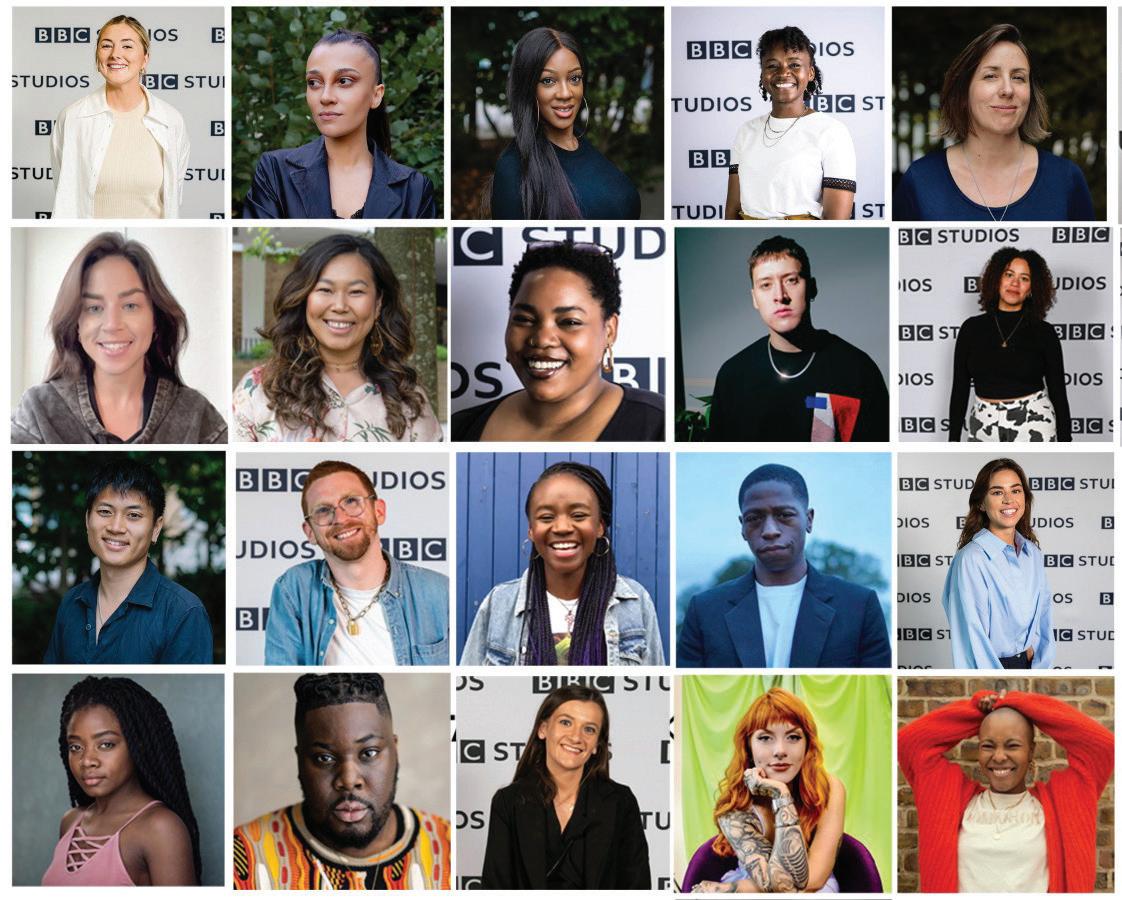
have to celebrate that. It might take a little bit more time to work together. Ultimately, the talent we work with want to work with producers and directors and get that feedback because they want to grow long careers.”
O’Donnell, who has a passion for live theatre and comedy, is observing how comedy scripts are evolving in response to the fact people will swipe or click away from a video if it doesn’t grab them in the first few seconds.
“When we think of traditional comedy scripts, we sometimes say, ‘We have to know it’s a comedy in the first three to 10 pages. That’s actually quite a long time if you were online.
“You’ve got to have a laugh on YouTube in the first 10 seconds. On TikTok it’s even shorter, you’ve got two to three seconds, otherwise it’ll get scrolled away. It’s fundamentally
“ If I wanted to be the next Claudia Winkleman I would be creating content online, doing a TikTok Live or a YouTube series, because that’s where you get your flying hours.
Helen O’Donnell
different from longform TV, from the way it’s shot, consumed and developed.”
In terms of talent, BBCS is pursuing a strategy of fishing where the fish are and O’Donnell believes social video can be a “democracy” that allows anyone to start uploading and, for better or worse, the most engaging content rises to the top.
“If I wanted to be the next Claudia Winkleman I would be creating content online, doing a TikTok Live or a YouTube series, because that’s where you get your flying hours in a way that currently isn’t available within the traditional space.
“When we meet new talent, we’re always interested in how people have tested and learned, and can tell us a little bit about what works best for their audience,” says O’Donnell.
In 2018, an initiative like TalentWorks looked like yet another example of the traditional TV business extending an olive branch to the world of online influencers.
But six years later, it’s clear how important a role it is playing in ensuring the commercial arm of the BBC learns as much as possible about the new generation of creators who will undoubtedly come to define the entertainment industry.
MARCH 25 > 27, 2025
INITIATIVENEW MARCH 24, 2025






How the perennially popular TV genres of travel and adventure are being influenced by streamers’ love of competition formats and the plethora of YouTube channels o ering creative thrills. By


WNico Franks YouTub
hether it’s attempting to walk across England in a straight line, stealth camping overnight in the middle of a mini-roundabout or getting drunk with Lithuania’s ‘most notorious’ gangster, the Wild West that is YouTube o ers plenty of novel twists on the travel and adventure genre.
Other examples, such as MrBeast’s week spent stranded on an island are more clearly indebted to tried and tested TV formats such as Survivor or Alone, highlighting the increasingly blurred line between the two mediums, a trend accelerated by the fact so many of us are now watching YouTube on our televisions.
Plenty of adventure reality formats from yesteryear have been dusted down and new ones launched to tap into a red-hot unscripted actionadventure genre that remains hugely popular.
This is also having a major influence on travel shows, with some of the most popular recent examples in the genre incorporating competition elements while diversifying the onscreen talent fronting the shows.
For Patrick Holland, CEO of the UK arm of Banijay, the world’s biggest independent producer and distributor, competition is becoming increasingly important to any unscripted show, given the
need to hook viewers in and keep them coming back for more in an ondemand streaming environment.
This means the kinds of shows he once commissioned for an evening slot on linear TV during his time as controller of BBC Two face an uncertain future as commissioners focus more on reality competition shows over traditional series such as travelogues.
“The challenge with streaming is you need people to watch multiple episodes, otherwise there isn’t that follow through. If you’re making a series with eight episodes, you want people to watch all eight. With series with closed episodes, you turn up, watch one episode of a show at 20.00 and you don’t have to come back to it,” said Holland at a recent roundtable interview organised by the Broadcasting Press Guild.
By extension, this means producers must work harder to develop unscripted formats with cli -hanger
endings to episodes akin to those seen in high-end TV dramas that work so well in a streaming ecosystem.
Series that tap into this trend include 007: Road to a Million on Amazon’s Prime Video and Bear Hunt, the forthcoming Netflix reality competition series fronted by British survival expert, adventurer and television presenter Bear Grylls, produced by Grylls’ The Natural Studios, Banijay UK’s Workerbee and Talkback.
MrBeast, however, and the YouTube US
Nick Smith
No one is better known for competition these days than MrBeast, however, and the YouTube mega star is set to usher in a new era for the adventure genre with his forthcoming US reality competition series o ering a cash prize of US$5m on Prime Video.

on Prime Video.
One of the most popular recent examples, however, is Across the World commissioned during his time at BBC Two and produced by
“ In Race Across the World we become part of someone’s adventure. Audiences are experiencing something fresh and original, as they discover a place through the eyes of the contestant.


One of the most popular recent Race , a show Holland

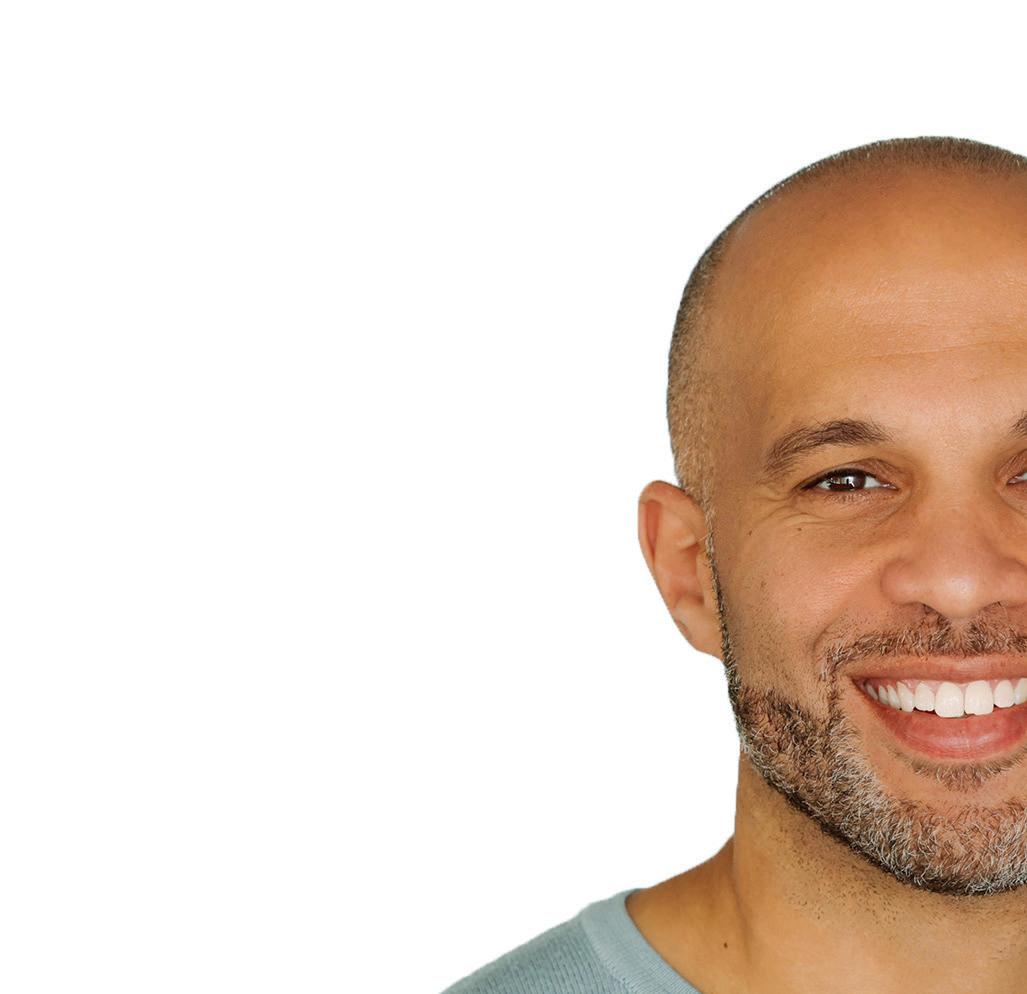

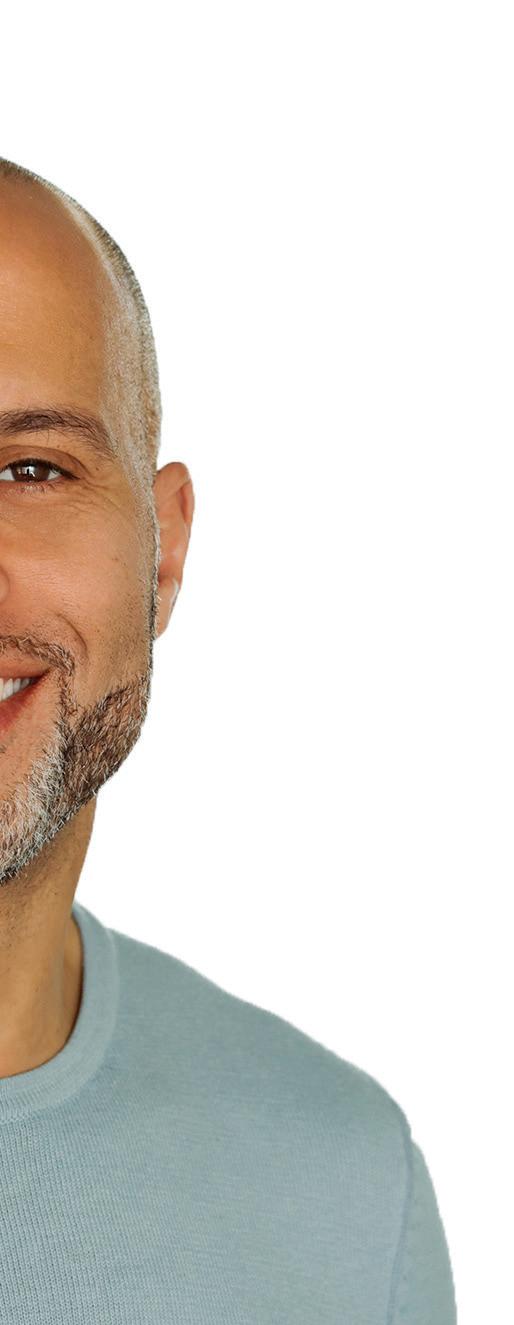
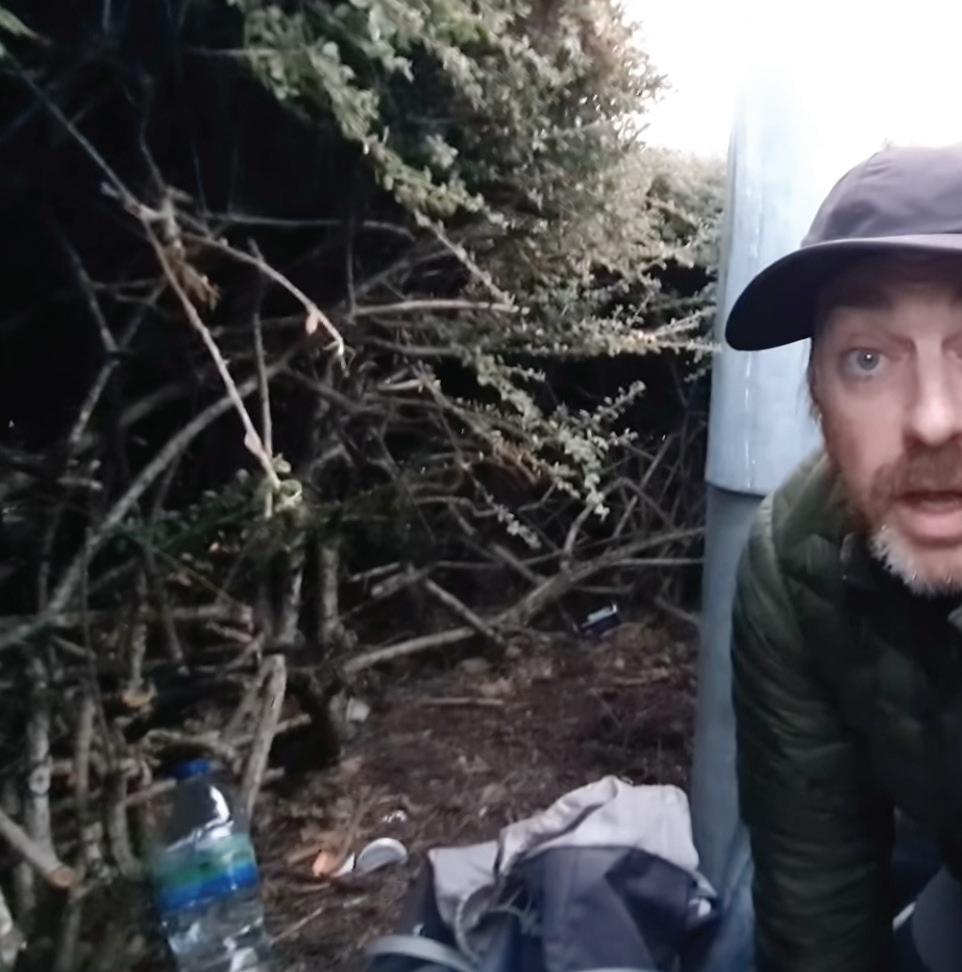

Studio Lambert after the All3Mediaowned firm was asked to develop an adventure show featuring couples.
“They started discussing whether a couple could get to travel right to the other side of the world without flying, for the price of airfare. The BBC liked the concept and asked Studio Lambert to look into a route and it went from there,” says Nick Smith, executive VP of formats at the show’s distributor All3Media International.
Smith acknowledges travel shows have been a “mainstay” of TV for many years, but Race Across the World, a show in which contestants travel without bank cards, mobile phones or internet access, “feels very di erent.”
“While we’re used to having a celebrity or presenter show viewers around a destination, in Race Across the World we become part of someone’s adventure. Audiences are experiencing something fresh and original, as they discover a place through the eyes of the contestants,” says Smith.
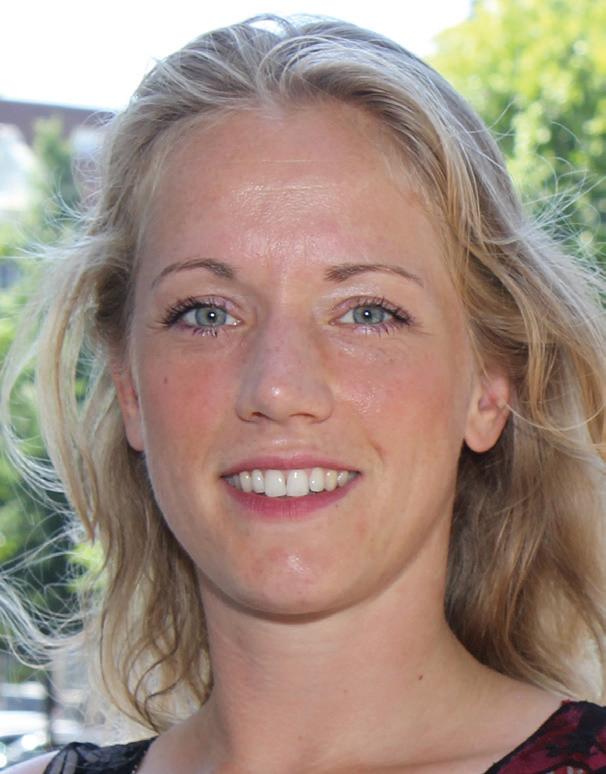
The exec points to contestant Betty Mukherjee, who was praised after she shared her diagnosis of Mayer Rokitansky Küster Hauser syndrome in the latest season of the programme, its fourth on the BBC.
day-to-day lives of the people featured. The mutual respect between contestants and locals is evident, as locals often express support for the contestants, despite them being strangers. Through these interactions, the show enlightens contestants, and as a result viewers, about the diverse cultures and communities they encounter,” says Sykes.
Authenticity is a key part of the appeal of YouTube, the content spend of which may go under the radar for most in the TV business but now ranks as the second largest non-sports content spend globally in 2024, behind Disney, according to Ampere Analysis.
Whether a semi-inebriated man from the north of England stealth camping in the middle of a miniroundabout in the rain for his YouTube channel Blot Outdoors Show will ever make the jump to a more mainstream platform like BBC iPlayer remains to be seen, but the lines are becoming increasingly blurred.
One format hoping to make such a leap is 7 vs Wild, which follows seven teams of content creators and influencers surviving in the wilderness with just seven basic items.
Hosted by Hamburg-based CaliVision Network on YouTube, the property has been sold by Germany’s Quintus Studios to Amazon-owned Freevee, which has brought the show to its free, ad-supported streaming television service on connected TVs around Germany.





not given challenges for our





So far, the format has been adapted in Finland and the Netherlands, with the most popular version airing on TV2 in Denmark, while ZDF in Germany has commissioned a version and more European territories are set to be announced. Smith says All3Media is keen to take the format to Asia, with an Indian version a particular target.






“Although it’s a race, it’s lightly formatted. The contestants are not given challenges for our entertainment; they are given minimal instructions and get to make their own decisions. As a result, they forget they are part of a TV show, which is impossible in more heavily formatted shows.




which is impossible in more heavily the World because the format


“Casting is always key. Race Across doesn’t feature typical reality casting with largerthan-life personalities because the format doesn’t need that. The pairs have interesting backstories and a reason for travelling together, which is often as beneficial to the audience as it is to themselves,” adds Smith.
Peta Sykes, VP of Nordics at All3Media International, says extreme care is taken to ensure Race Across the World portrays di erent cultures respectfully and accurately while contestants rely on the generosity of locals for transportation, shelter and food.
Anouk van Dijk, Quintus Studios’ Amsterdam-based head of sales and coproductions, has been in talks with local European players and international streaming companies about the format, the first two seasons of which were filmed in Sweden and Panama and attracted 200 million views on YouTube.







“One of the reasons Race Across the World has such impressive appeal is that it functions as a travelogue, history lesson and cultural exploration. Contestants frequently stay in locals’ homes, experiencing their daily lives first-hand. They also take on local jobs, gaining further insight into the culture, and we see genuine engagement with local communities.
“Viewers witness the authentic
“Broadcasters are all looking for younger audiences and the talent on these programmes has a huge young following. The data can show that, which is valuable information for the broadcasters. The more traditional travel content is not as global. Very often it’s hosted by someone known in one specific country, so it’s hard to have a global audience for it,” says van Dijk.
Quintus Studios also runs its own YouTube channels, hosting a mix of acquired library programming from US cable networks alongside
original productions. Flagship channel Free Documentary and spin-o FD Adventure, for example, features content such as Most Dangerous Roads, The Mountain Man: Surviving Alone in the Rockies and Dropped
“Survival content is exciting. People love to watch from their couch content that is thrilling and maybe a little bit dangerous without having to do it. Internally we sometimes call it danger porn,” says van Dijk.
“People want to travel and see the world, but there’s an extra feeling that comes when you go into the wild on your own, make a fire and get your own food. It’s a connection with nature without having to go through the downsides.”
Joe Weinstock, CEO of Argononowned Rose Rock Entertainment and CEO of Argonon USA, believes creatives working in TV ignore the ways social media platforms are influencing content “at their peril across any genre.”
“Content creators have huge and loyal digital audiences and are already disrupting the shape and future of the global travel sector, driven by the media consumption of millennials and Gen Z audiences. Influencers are talent and their platforms o er an immediate snapshot of social and cultural trends. In developing large-scale ideas to appeal to a broad audience, this will always factor heavily in development,” says Weinstock.
The exec, whose prodco was founded in 2022 and is behind shows such as River of No Return (Discovery), has also observed how commissioners Stateside are seeking more competition elements in their formats.
“Competition has always been a factor in the adventure genre, from The Amazing Race to I’m a Celebrity… Get Me Out of Here!. We’ve recently seen an uptick in interest from commissioners and are developing an exciting format in this space, more news on that soon,” says Weinstock.
“The competition element o ers intrigue and engagement, as well as broadening the appeal to a wider audience and o ering bingeability in an on-demand world. That said, we are always developing in this genre with this question to guide direction and resources: Can you see the show on a billboard and know immediately what it is?
“In travel, as across all areas, genres
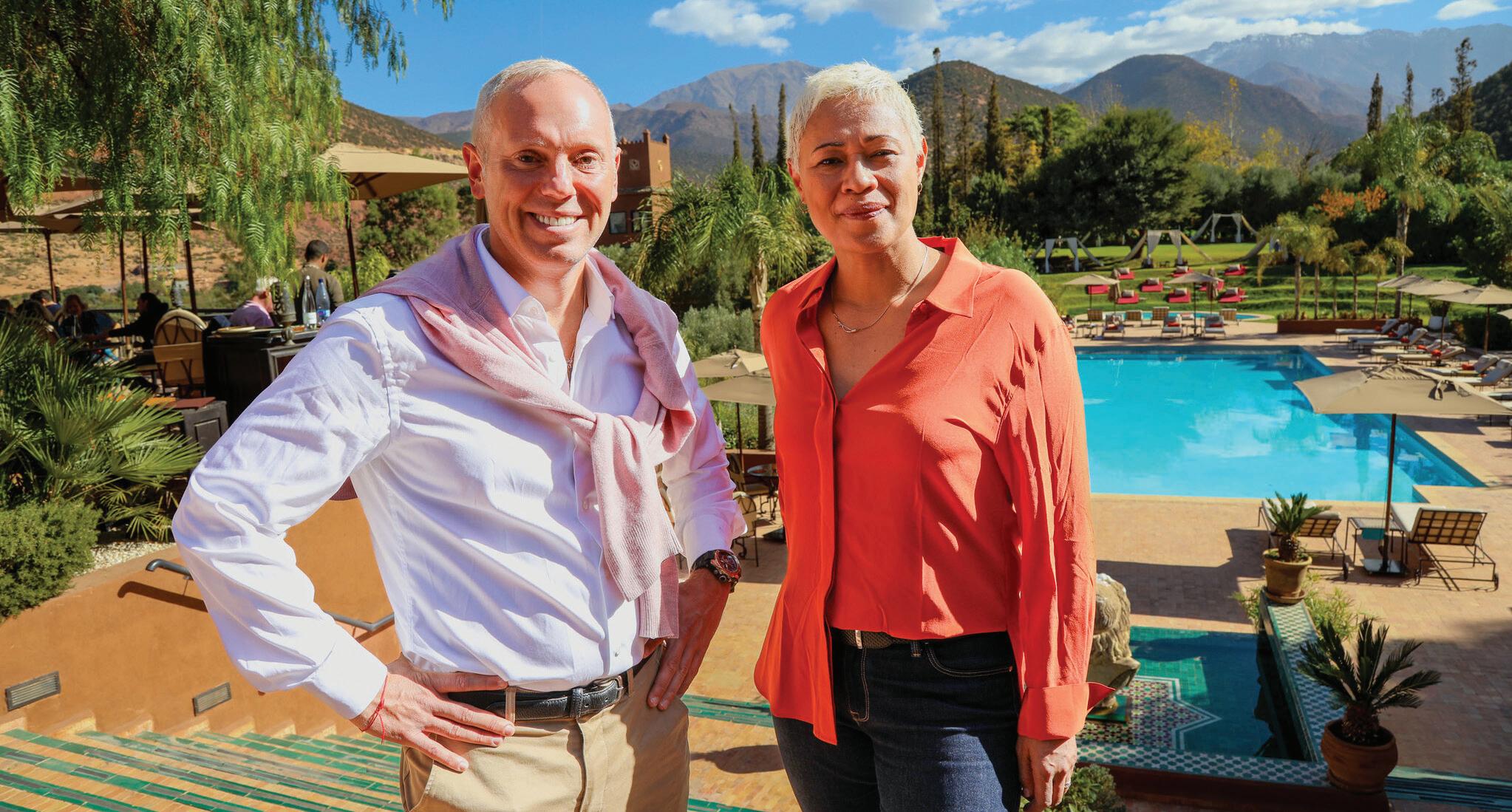

are bleeding into genres and hybrid ideas with great talent and characters are coming to the forefront,” adds the exec.
Speaking prior to her recent exit from BBC Studios, where she was MD of factual entertainment and events, Hannah Wyatt said she believes travel may be a “perennial” subject with broad appeal, but producers must keep tabs on ways it is evolving.
“As an industry we have to respond to a new generation coming through, but also the changing fashions and issues around travel in terms of the economy, the pandemic and climate change. All those things influence how we as producers think about programmes,” said Wyatt, who oversaw a slate that includes Paddy & Chris: Road Trippin’ (working title) and Amazing Hotels: Life Beyond the Lobby
“There is still a place for the celebrity travelogue. But when you look at successful travel shows now, they’re not just about travel or just about adventure. The most successful shows need to o er the viewer something more by asking a question or responding to something specific, or adding in competition elements or looking at the more extreme version of things,” she added.
Meanwhile, influencers such as Nadine Sykora, who claims to be one of the top travel vloggers on YouTube, have usurped the role previously performed by BBC series such as The Travel Show by o ering travel hacks on social media.

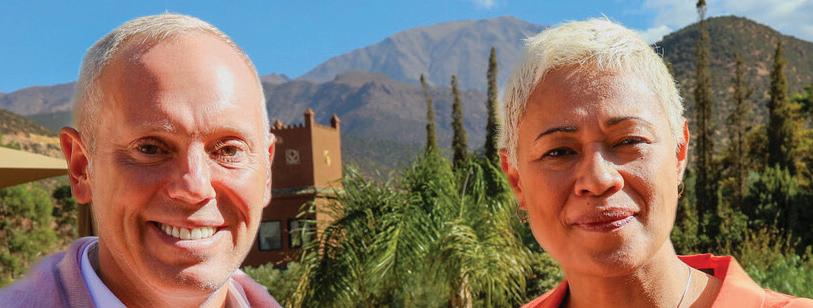
“Of course, YouTube influences us as producers, because you’re looking at what the talent is doing and what the audience is responding to. But that still leaves room for shows like Amazing Hotels or the Paddy & Chris travelogue. They all o er a range of di erent things,” said Wyatt.
“People are often looking for tips and tricks from social media, whereas they’re getting a di erent sort of narrative journey with a celebrity in longer form content.”
“
As an industry we have to respond to a new generation coming through, but also the changing fashions and issues around travel in terms of the economy, the pandemic and climate change.
Hannah Wyatt

Wyatt also believes most people’s viewing habits are diverse and multiplatform, not just young people, pointing to her husband’s love of One Life Truck It on Instagram, in which Bobby and Marie Bolton drive from the UK to Australia with two dogs in tow.










“We’re all used to having di erent something. It’s not as easy as people transfers over from YouTube to about new ideas, but we think in the zeitgeist because that’s how you keep these shows fresh

“We’re all used to having di erent forms of content. Of course, we look at people who are doing things on social media and how they could either transfer over or become part of something. It’s not as easy as people think sometimes. Historically, it’s been hard to bring social media stars onto long form. I’m really, really interested to see how MrBeast transfers over from YouTube to Amazon,” said Wyatt.





“We look to social media for inspiration when we’re thinking about new ideas, but we think about everything that’s going on in the zeitgeist because that’s how you keep these shows fresh and how you come up with the new twist.”





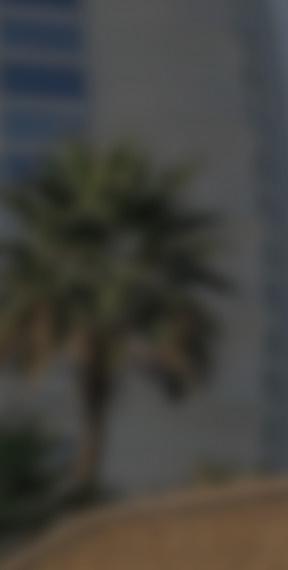








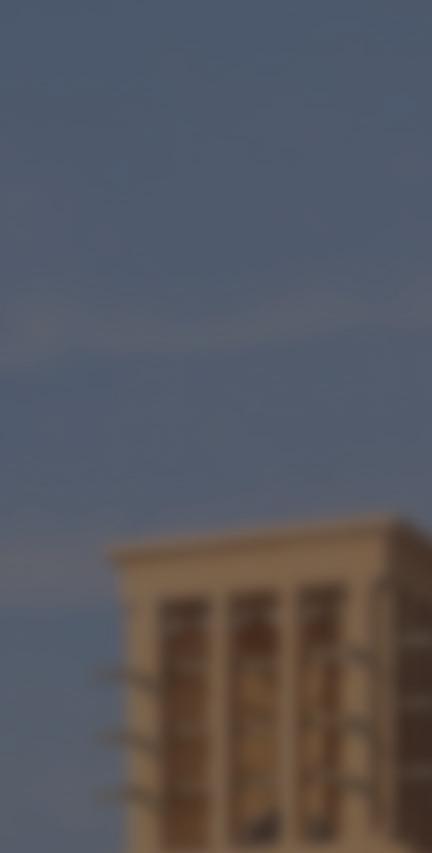





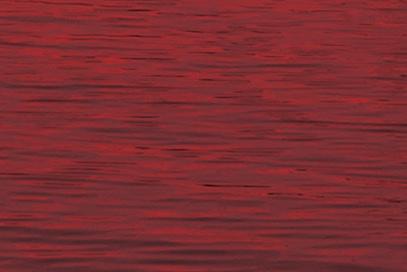





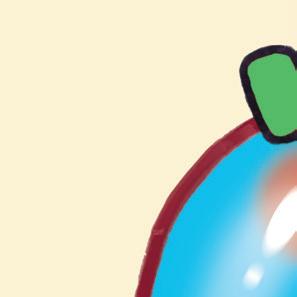



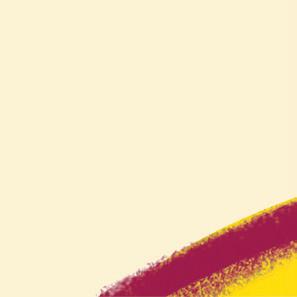



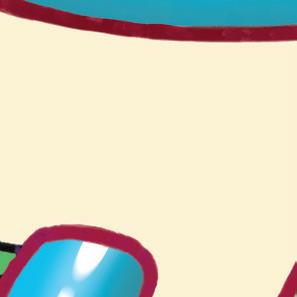






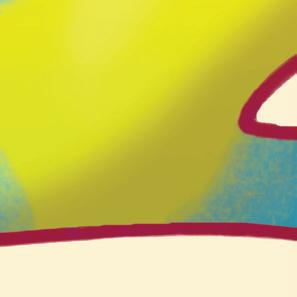


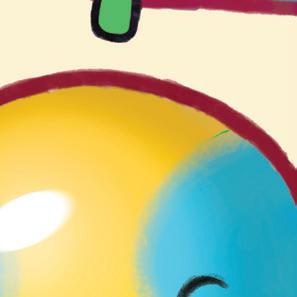






















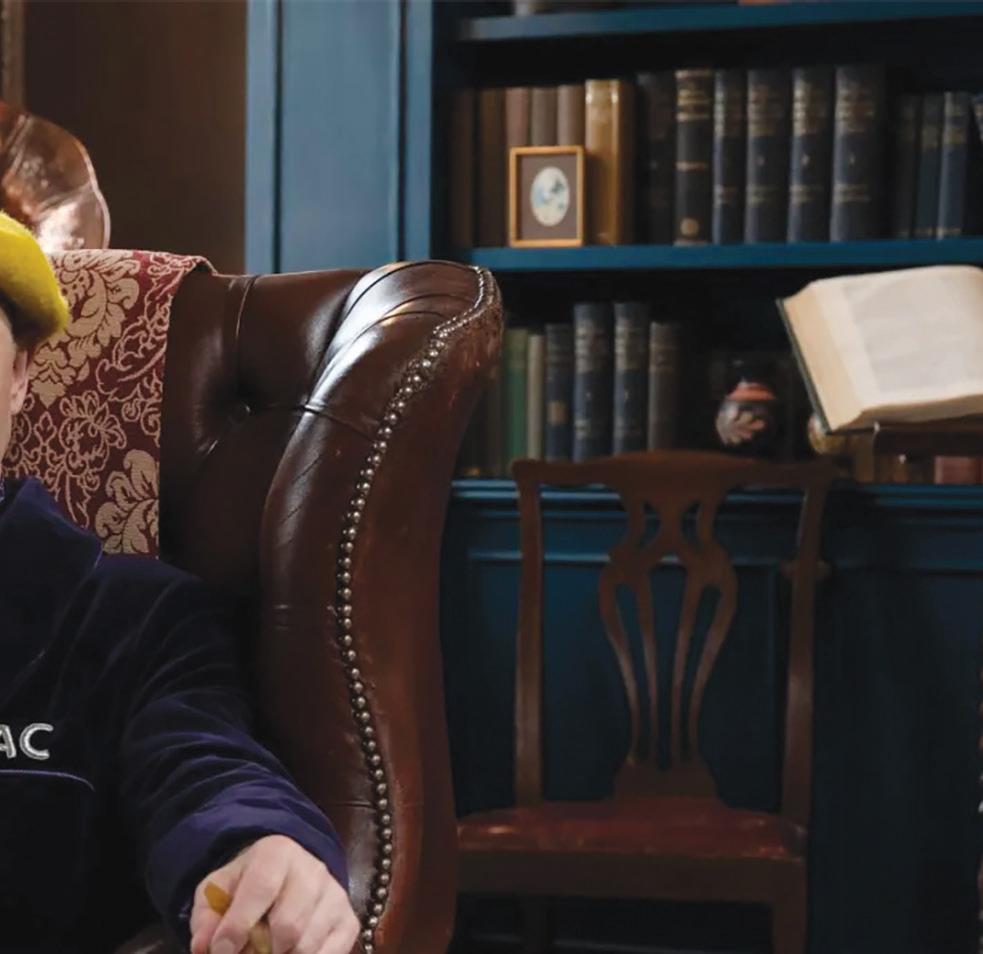
anything, and if they could rig the system and say, ‘Well, we’re kind of like it but not enough,’ they will.
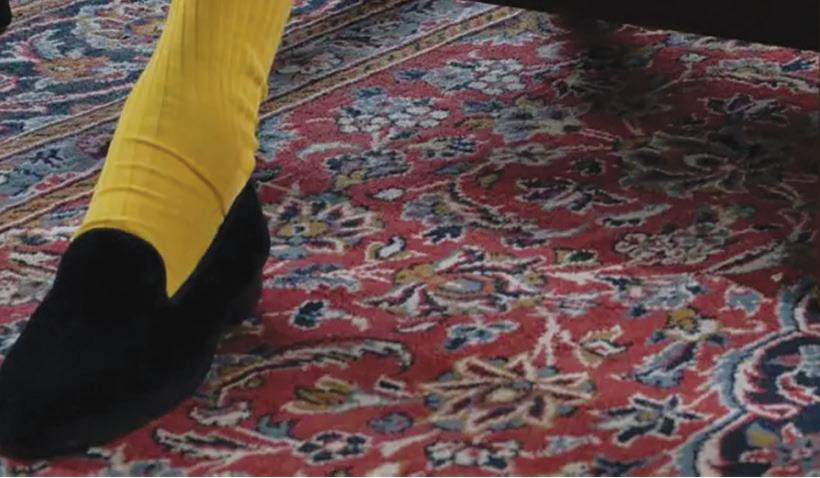

“But we must keep creating. The independents have competed against big companies. Now they might have to compete against AI.”
Gurin also worries about the next generation’s ability to distinguish between reality and AI. “I fear the next generation won’t have the tools to discern between real and artificial content. But as long as we create better ideas than AI, people will buy and watch them.”
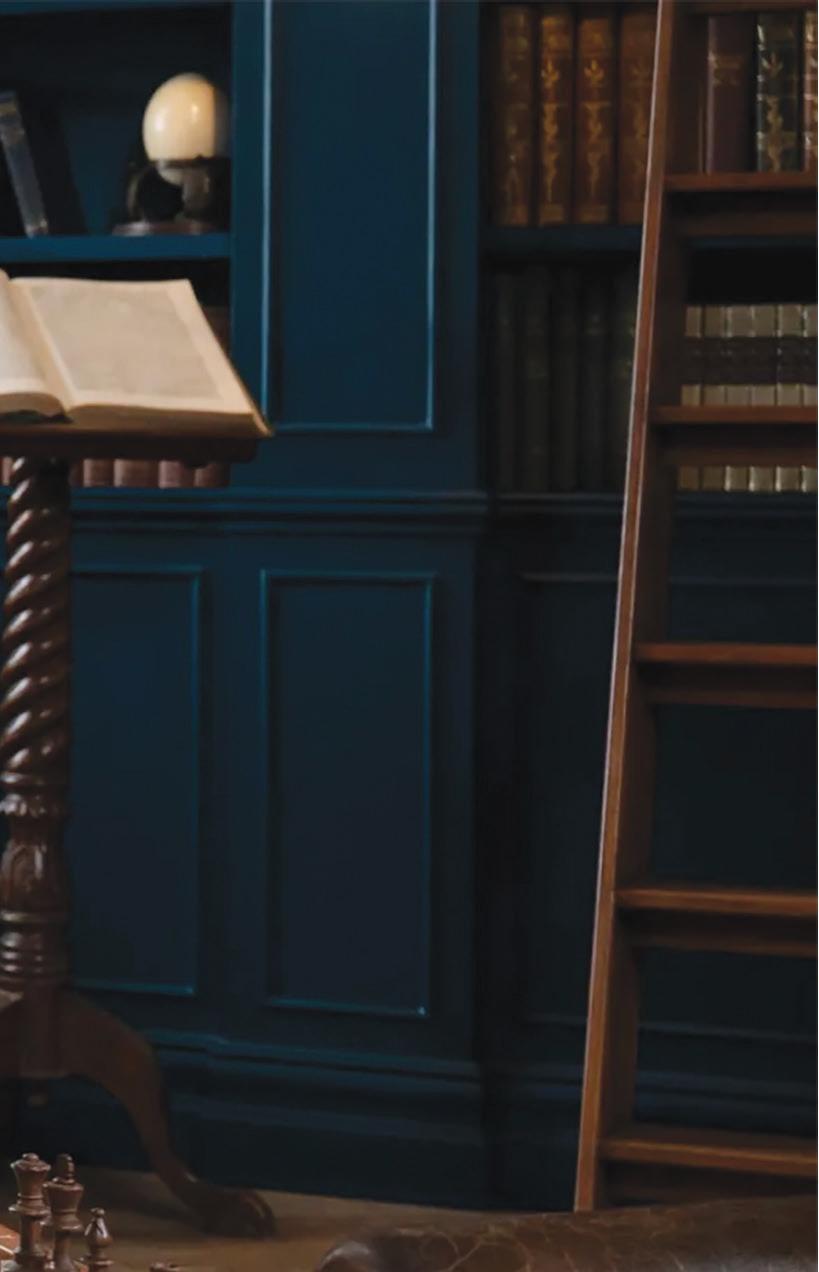
Salling, however, is less alarmed about AI’s impact. “A year ago, there was a lot of fear, but it’s stabilised now. I’m not terrified and I don’t think anyone should be.
“What is going to be interesting for the industry is all these 17-year-olds who are able to use AI tools to generate amazing results. They’re going to be the new generation of TV executive.”
For Salling, the greater threat comes from major players or territories undermining format rights. “If technology absorbs everything and one big player or territory says, ‘We don’t give a shit about format rights,’ that becomes a global issue. Protecting an idea is difficult and it only survives through solidarity.”

As format rights protection agency FRAPA approaches its 25th anniversary, board members Jan Salling and Phil Gurin discuss the challenges posed by big tech and AI as it works to ensure its relevance and success. By Clive Whittingham
“You have to be able to protect your format to be able to monetise it. If nobody is willing or able to protect your format, you can’t get paid. Period.”
This statement by Jan Salling, board member of rights protection agency FRAPA and head of BBC Studios Nordics, encapsulates 25 years of striving to bring order to the chaotic formats business. During that time, FRAPA has introduced tools like its registration service to certify original ideas and an analysis tool to determine whether a show is a copycat.

found that legal protections, stamps, and certificates are valuable, but public shaming has been the most efficient tool in fights. It hurts their business, they take it seriously and things get rectified. It’s one of the reasons we’re still here after 25 years,” says Salling.
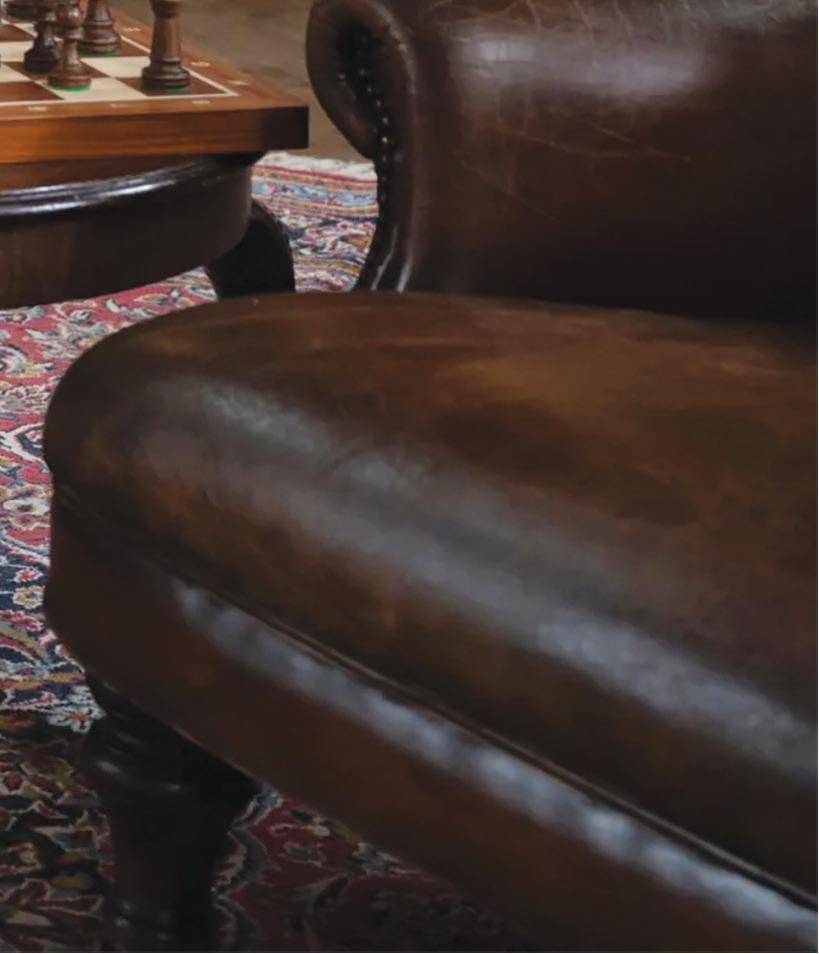
FRAPA’s future depends on maintaining that solidarity. “The management board is working hard to keep FRAPA relevant for another 25 years. We are discussing how to transform and stay effective in this new era because everything has changed since 2000.”
Salling advocates reducing FRAPA’s membership fees to help build a global community. “What if our members from all over the world became hundreds of thousands? With more members, our voice would be stronger and we’d be more powerful and relevant. We could protect the industry better.”
Gurin returns to the core issue: protecting IP. “At the core of any entertainment business is intellectual property. Without protection, you can’t monetise it, and without monetisation, there is no business. If everyone rips each other off, there’s no library value, no distribution and no growth. Now we understand that.”
“It’s our mission to make everyone understand that if you’ve created an idea, it’s intellectual property you should own, protect and monetise,” adds fellow board member Phil Gurin.
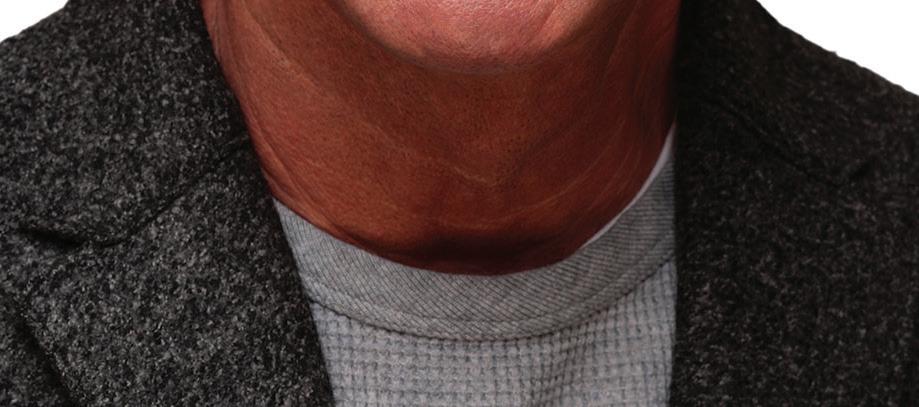
Despite the tools FRAPA has developed, Salling believes its most effective weapon is reputation and public relations, especially in cases like those that emerged in China in 2017.

“We have
As FRAPA nears its 25th anniversary in 2025, the industry is grappling with tough conditions, with many adopting a ‘survive to 25’ mindset. Gurin, however, is more direct: “It’s over. What was is over. What will be will be something new. If you’re creative, smart and entrepreneurial, you’ll find ways to succeed.”
Gurin emphasises the inevitability of change in entertainment. “There was vaudeville, silent movies, talkies, television and streamers. There will be something new. Maybe it’s direct-to-consumer, maybe it’s branded content. Don’t cling to the past. The next generation will consume content differently to the way we did, and there’s nothing wrong with that.”
One of the biggest challenges today is the rapid advancement of artificial intelligence (AI) tools, which Gurin believes could eventually create copycat formats to hits such as Who Wants to be a Millionaire? or The Traitors
“I think it’s already happening,” he says. “I can’t give you chapter and verse on specific cases, but I can tell you there are nefarious actors who will do
Both Salling and Gurin emphasise FRAPA’s code of conduct, which is translated into 18 languages and aims to build a global community of likeminded professionals.
Looking ahead, Gurin believes it’s essential to connect to the next generation of creators.
“For many, it’s like being in a Dickens novel, with faces pressed against the glass, looking inside where it’s warm and cosy and they’re having a good time. How do we get in there? That’s part of FRAPA’s mission for the future,” he says.
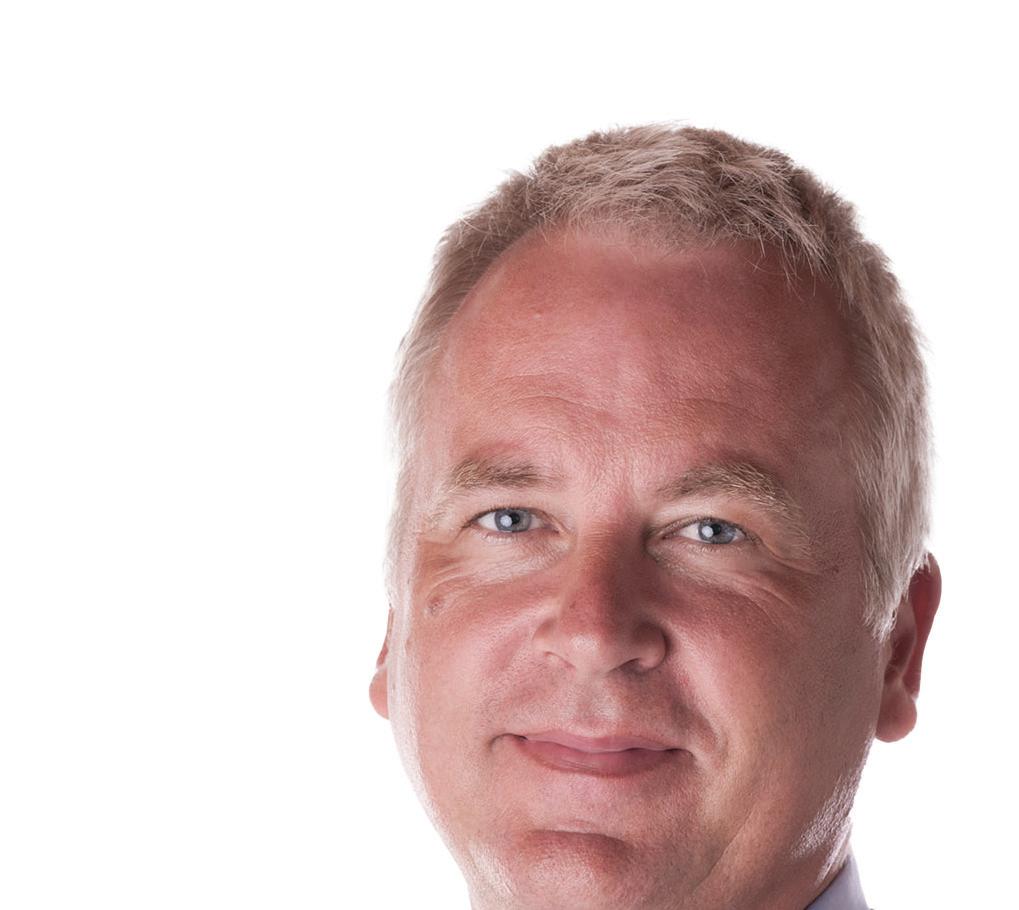

For context, the fundamental changes taking place in the global content business are a trifle set against the existential threat to mankind brought on the wings of climate change, the erosion of truth through an ever-more-corrupt social media, and the escalating political and commercial quest for power in an increasingly dysfunctional world.
So don’t worry, it’s ultimately not so much that you won’t get your show commissioned because ‘we have something very similar in development’ or ‘there’s no budget,’ but because we’ll all be living in the woods surviving on berries and campfire stories about the good ol’ days while crops burn and the last polar bear slips beneath the waves.
However, in our own back yard, the devastation currently being wreaked on the business previously known as television is without precedent.
Change has come because the fragmentation of media and entertainment makes it virtually impossible for one piece of content to demonstrate an acceptable return on investment for the writer, producer, financier, distributor, channel or platform supporting it. As it turns out, you can have way too much of an average thing.
“But from this primordial sludge a new generation of producer is emerging, born of influencers but now maturing to take increasingly bold offerings direct to audiences without the need for the approval of a commissioner. The Creator Economy is coming of age, and you can be part of it if you adapt your approach!

As the wildfires of change burn across the global entertainment business, C21’s editor-in-chief & managing director, David Jenkinson, suggests what you should do to define your future in The New Content Economy.
across markets and platforms previously not available.
3. Think Elastic: it’s not Digital First it’s Everything Together Don’t buy into the already-tired notion of ‘digital first.’ Content should be conceived as something that works EVERYWHERE. It’s elastic and it doesn’t stop at the edge of the screen.
4. Find new partners
NEW partnerships have never been more important. Coproduction is vital, but not just within the TV space.
The fragmentation of media and entertainment makes it virtually impossible for one piece of content to demonstrate an acceptable return on investment.
This Creator Economy is forecast to grow from US$100bn globally in 2023 to US$250bn by 2028. And, of course, AI will supercharge everything, providing the technology to those who want to enter the content creation business with everything they need to make a show as ‘professionally’ as a mainstream TV drama for a 10th of the price. It will also provide that opportunity to the traditional business. So what happens next, and how can you stake a claim in The New Content Economy?
Here are 10 things to consider:
1. Make it cheaper
AI will help you make shows for 75% less than before. Without it, you will not be able to compete. Get into it before it’s too late.
2. Make it smarter
AI will also allow you to create multiple versions for different territories, platforms and audiences, extending your opportunity
5. Talk to commissioner brands
Money talks, and advertisers have fresh appetite for backing content. They are the new commissioners in many ways.
6. You are a creator – go direct to your audience It doesn’t need to be commissioned, it needs to find its audience everywhere. Be part of the creator economy. Change your thinking.
7. Be comfortable with the third window TV still has a role to play. You can have a seat at the table without being first.
8. Start dating again
There are lots more fish in the sea. But you need to swim in a new ocean.
9. Authenticity is replacing celebrity
You don’t need a heritage brand to succeed in The New Content Economy, you need a fresh voice and a following. Authenticity is replacing celebrity.
EDITORIAL
Editorial director Ed Waller ed@c21media.net
Editor of C21Media.net
Jonathan Webdale jonathan@c21media.net
Chief sub-editor Gary Smitherman gary@c21media.net
Head of design John Winfield john@c21media.net
Senior sub-editor Steve Warrington steve@c21media.net
News editor Clive Whittingham clive@c21media.net
Channel21 International editor Nico Franks nico@c21media.net
DQ editor Michael Pickard michael@c21media.net
Research editor Gün Akyuz gun@c21media.net
C21Kids editor Karolina Kaminska karolina@c21media.net
North American editor Jordan Pinto jordan@c21media.net
Senior reporter Neil Batey neil@c21media.net
Special projects editor Louise Bateman louise@c21media.net
EVENTS
Event programming director Ruth Palmer ruth@c21media.net
Head of events Gemma Burt gemma@c21media.net
Events assistant Mia Hodgson mia@c21media.net
Operations director Lucy Scott lucy@c21media.net
Founding partner and commercial director Odiri Iwuji odiri@c21media.net
Sales director Peter Treacher peter@c21media.net
Business development director Patricia Arescy patricia@c21media.net
Sales manager Hayley Salt hayley@c21media.net
Senior sales executives Richard Segal richard@c21media.net
Telesales executive Yasmin Connolly yasmin@c21media.net
C21TV
Head of television Jason Olive jason@c21media.net
Video editor/motion designer Adrian Ruiz Martin adrian@c21media.net
FINANCE
Finance director Susan Dean susan@c21media.net
Finance manager Marina Sedra marina@c21media.net
PRODUCTION
Head of digital Laura Stevens laura@c21media.net
Production manager Courtney Brewster courtney@c21media.net
Team assistants Caitlin Wren caitlin@c21media.net
Lily Miller lily@c21media.net
Rory Mullan Wilkinson rory@c21media.net
Office manager Katie Reilly katie@c21media.net
Executive director Mark Rowland mark@c21media.net
Group CFO (consultant) Ravi Ruparel ravi@c21media.net
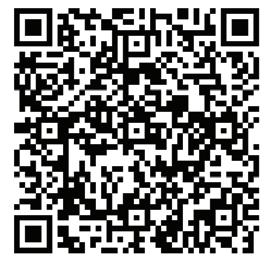
10. There is no going back It’s over. You need to move on Get over it. But this is not the end, it’s the end of the beginning. Everything is about to change – embrace it. The old models do not work in The New Content Economy, so stop trying to make them happen, they are not going to happen. ‘Fetch!’
Editor-in-chief & managing director David Jenkinson david@c21media.net